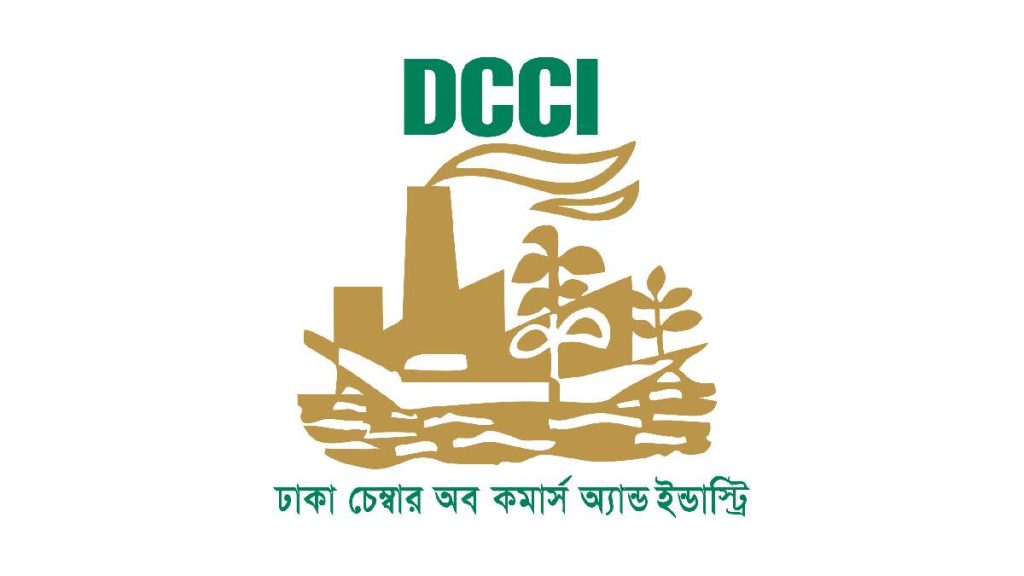Dhaka Chamber of Commerce and Industry (DCCI) President Ashraf Ahmed expressed confidence in Bangladesh’s ability to overcome current economic challenges. He acknowledged issues such as inflation, non-performing loans (NPL), foreign exchange reserves, financial market volatility, balance of payment, and the depreciation of the currency but emphasized that Bangladesh has successfully faced similar challenges in the past.
During a press conference organized by DCCI, Ashraf highlighted that while inflation, foreign exchange reserves, NPL, and liquidity are indeed significant challenges, Bangladesh has a proven track record of overcoming such economic obstacles. He also addressed the energy crisis, emphasizing the negative impact of manufacturing industries’ closures due to power shortages on economic capacity.
Ashraf called for the swift resolution of the energy crisis and emphasized the need for data transparency improvement in the Bangladesh Bureau of Statistics (BBS) and other relevant sectors. He suggested that both the private and public sectors need to collaboratively address economic challenges, with the private sector playing a pivotal role in stabilizing and reviving economic growth.
To promote the development of import substitute industries, Ashraf recommended expanding access to finance for cottage, micro, small, and medium-sized enterprises (CMSMEs) and industrial startups through dedicated credit lines, loan guarantees, and venture capital initiatives. He also proposed measures such as export diversification, export factoring, inter-bank foreign currency exchange, incentivizing remittance inflow, and promoting the Alternative Trade Board (ATB) for trading infrastructure.
Ashraf expressed optimism about the implementation of the new monetary policy stabilizing the macroeconomic scenario and relieving inflationary pressure. He urged continuous efforts for inclusive growth, export base diversification, and policy focus on stimulating growth. Additionally, he called for the synchronization of accounting and reporting processes with the tax code and the formulation of a long-term, time-bound, sector-specific national investment roadmap for key industries like Agriculture, Pharmaceuticals, Electronics, Light-engineering, IT & ITES, and the RMG industry to boost private investment.
